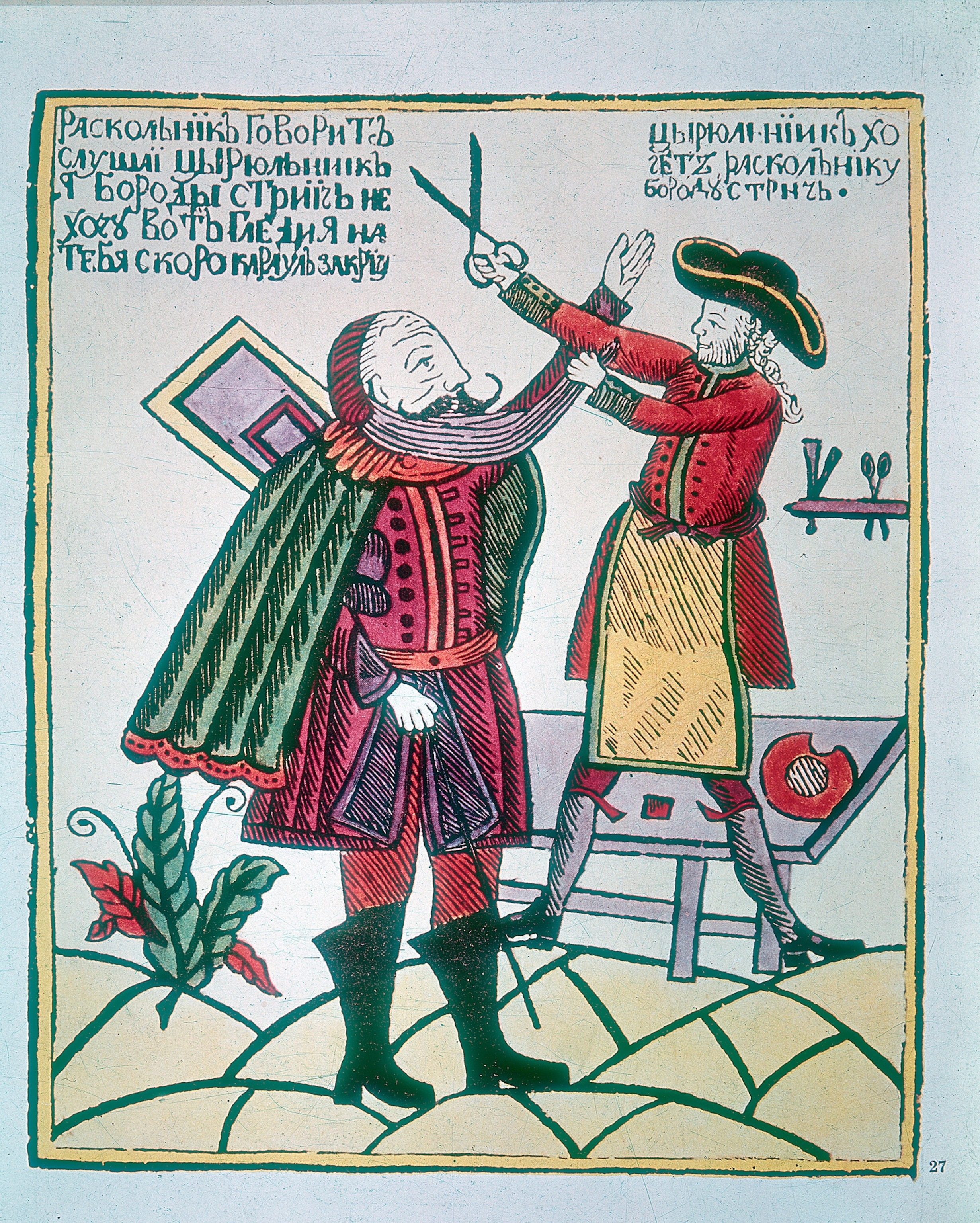How old are taxes? Older than you think
For thousands of years, human civilizations have been collecting taxes, in one form or another. From grain to beards to rubber balls, governments always found new ways to collect their due.

Every April in the United States, predictable signs of spring appear: budding flowers, chirping birds, and … taxes. They may be as certain as death, but taxes aren’t a recent phenomenon; they date back thousands of years.
Over the centuries, different governments all over the world have levied taxes on everything from urine to facial hair—and officials accepted payments of beers, beds, and even broomsticks. These payments went to fund government projects and services—from the pyramids of Giza to the legions of Rome.
First taxes
Taxation has existed for so long, it even predates coin money. Taxes could be applied to almost everything and might be paid with almost anything. In ancient Mesopotamia, this flexibility led to some rather bizarre ways to pay. For instance, the tax on burying a body in a grave was “seven kegs of beer, 420 loaves, two bushels of barley, a wool cloak, a goat, and a bed, presumably for the corpse,” according to Oklahoma State historian Tonia Sharlach. “Circa 2000-1800 B.C., there is a record of a guy who paid with 18,880 brooms and six logs,” Sharlach adds.
Circa 2000-1800 B.C., there is a record of a guy who paid [his taxes] with 18,880 brooms and six logs.
Creative accounting of in-kind payments helped some cheat the tax man as well. “In another case, a man claimed he had no possessions whatsoever except extremely heavy millstones. So he made the tax man carry them off as his tax payment.”
Pharaohs' tax preparation
Ancient Egypt was one of the first civilizations to have an organized tax system. It was developed around 3000 B.C., soon after Lower Egypt and Upper Egypt were unified by Narmer, Egypt’s first pharaoh.
Egypt’s early rulers took a very personal interest in taxes. They would travel around the country with an entourage to assess their subjects’ possessions—oil, beer, ceramics, cattle, and crops—and then collect the taxes on them. The annual event became known as the Shemsu Hor, or Following of Horus. During the Old Kingdom, taxes raised enough revenue to build grand civic projects, like the pyramids at Giza.
Ancient Egypt’s taxation system evolved over its 3,000-year history, becoming more sophisticated with time. In the New Kingdom (1539-1075 B.C.), government officials figured out a way to tax people on what they had earned before they’d even earned it, thanks to an invention called the nilometer. This device was used to calculate the water level of the Nile during its annual flood. Taxes would be less if the water level was too low, foretelling a drought and dying crops. Healthy water levels meant a healthy harvest, which meant higher taxes.
Tax amnesty in ancient India
In India's Mauryan Empire (ca 321-185 B.C.) an annual competition of ideas was held—with the winner receiving tax amnesty. “The government solicited ideas from citizens on how to solve government problems,” Sharlach explains. “If your solution was chosen and implemented, you received a tax exemption for the rest of your life.” The Greek traveler and writer Megasthenes (ca 350-290 B.C.) gave an astonished account of the practice in his book Indica.
Like most tax reform efforts, the system was far from perfect, Sharlach notes. “The problem is that nobody would have any incentive to ever solve more than one problem.”

Render urine unto Caesar
The Roman emperor Vespasian (r. A.D. 69-79) may not be a household name like Augustus or Marcus Aurelius, but he brought stability to the empire during a turbulent time—partly through an innovative tax on people’s pee.
Ammonia was a valuable commodity in ancient Rome. It could clean dirt and grease from clothing. Tanners used it to make leather. Farmers used it as fertilizer. And people even used it to whiten their teeth. All this ammonia was derived from human urine, much of it gathered from Rome’s public restrooms. And like all valuable products, the government figured out how to tax it.
Some wealthy Romans, including Vespasian’s own son Titus, objected to the urine tax. According to historian Suetonius (writing around A.D. 120), Titus told his father he found the tax revolting, to which Vespasian replied, “Pecunia non olet,” or “Money does not stink.”
Itemizations for Aztecs
At its height in the 15th and 16th centuries, the Aztec Empire was wealthy and powerful, thanks to taxation. Historian Michael E. Smith has studied its tax collection system and found it to be remarkably complex, with different kinds of items collected at different levels of government.
All taxes made their way to the Aztec central governing body, the Triple Alliance. There they kept meticulous records of who had sent what. Many of these records survive today. The most famous are found in the Matrícula de Tributos, a colorful illustrated registry filled with pictographs showing exactly how many jaguar skins, precious stones, corn, cocoa, rubber balls, gold bars, honey, salt, and textiles the government collected each tax season.

Russia’s fashion tax
Widespread use of coins and currency had a leveling effect on taxation systems, but rulers were not above applying some taxation muscle to achieve their ends. In 1698, Russian reformer Peter the Great sought to make Russia resemble “modern” nations in western Europe whose clean, close shaves Peter equated with modernization. After he returned to Russia, the tsar instituted a beard tax on his citizens, who favored beards.
Any Russian man who wished to grow a beard had to pay a tax—peasants paid a small fee while nobles and merchants could pay as much as a hundred rubles. Men who had paid the tax were also required to carry beard tokens wherever they went to prove that they'd paid their taxes for the privilege. Peter the Great’s beard tax did not last. Catherine the Great repealed it in 1772.